-
July, 26,2025
Understanding the Role of Bloom Strength in Soft Gelatin Capsules
-
July, 25,2025
Bloom Strength and Its Impact on Hard Gelatin Capsules
-
July, 21,2025
How Gelatin Is Revolutionizing Pet Food: A Healthier Option for Dogs
-
June, 22,2025
Collagen as a Trusted Ingredient: Meeting Global Demand with Reliable Supply
How Gelatin Enhances Pharmaceutical Products: Key Benefits
Gelatin is a soluble protein that is primarily derived from the bones, skins and hides of animals, typically cattle, pigs and fish. It is obtained by partial hydrolysis of collagen. To extract gelatin, natural collagen is first treated with acids, bases or enzymes to make it soluble. The treated collagen is then boiled in water, a process that dissolves the collagen and ultimately results in gelatin. This extraction process not only helps convert collagen into gelatin, but also ensures the purity and functionality of the final product, which is widely used in a variety of fields such as food, medicine and industry.
What is Pharmaceutical Grade Gelatin?
What is Pharmaceutical Grade Gelatin? Before gelatin is used in the pharmaceutical industry, it needs to meet certain standards to ensure its safety and effectiveness. The quality requirements for pharmaceutical gelatin worldwide are usually specified by multiple international standards or guidelines.
These requirements may vary from country to country, but these standards or guidelines generally contain some common quality requirements for pharmaceutical-grade gelatin:
Raw material control: The raw materials of pharmaceutical-grade gelatin need to be strictly screened to ensure that they are free of pathogens and harmful substances. Comprehensive quality monitoring and traceability checks on pharmaceutical-grade gelatin raw materials are essential.
1.Purification process: The extraction and purification process of gelatin needs to be strictly controlled to remove impurities and possible allergens. The production of gelatin needs to follow good manufacturing practices.
2.Microbial limits: Pharmaceutical-grade gelatin must meet the standards of microbial limits to ensure the safety of the product in terms of microbial contamination.
Heavy metal and toxic element control: There are strict limits on the content of heavy metals such as lead, mercury, cadmium and toxic elements such as arsenic.
1.Residual solvents and organic volatiles: The residual amount of organic solvents and other chemicals used in the production process needs to be controlled within a safe range.
2.Gel strength and viscosity: The gel strength and viscosity of gelatin are important indicators of its functionality and need to meet specific standards.
3.Chemical and physical properties: including pH, transmittance, conductivity, etc., which affect the application and stability of gelatin in pharmaceutical products.
4.Identification and inspection: specific chemical tests are performed to identify gelatin and check its quality.
5.Stability and storage conditions: pharmaceutical-grade gelatin needs to be stored under certain conditions to maintain its stability and effectiveness.
These standards provide globally recognized quality assurance for the production and use of pharmaceutical-grade gelatin, ensuring its safety and effectiveness in pharmaceutical applications.
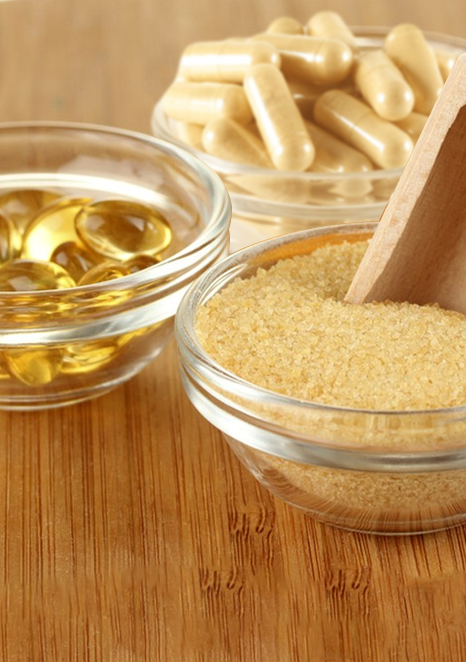
Gelatin's Role in Pharmaceuticals and Medicine from Past to Present
Gelatin capsules
Gelatin has a long history of application in capsule pharmaceuticals.
1.1833, pharmacist Joseph Dublanc and his student François Mothes invented the earliest capsule form that was similar in shape and function to an animal bladder, into which the drug liquid was injected and sealed with gelatin.
2.The 19th century, French chemist Francois Mothes obtained a patent for gelatin capsules in 1834, which was used to mask the bitter taste of drugs and protect them from the external environment. The preparation technology of gelatin capsules has been further developed.
3.The 20th century, the world's first automatic continuous production machine for soft capsules was introduced in 1931, and the application field of gelatin has been greatly expanded and is still used today.
4.In modern times, gelatin capsules are still the most popular material in the pharmaceutical industry due to their unique molecular structure and biocompatibility. Today, the preparation technology of gelatin capsules continues to develop to continuously adapt to the needs of the modern pharmaceutical industry.
Tablets
1.In early applications, gelatin was widely used in the pharmaceutical field due to its excellent film-forming properties and surface activity, such as as a tablet adhesive and coating material.
2.The 19th century, the application of gelatin in tablet pharmaceuticals underwent a huge change with the advent of industrial production, and developed towards a legal and large-scale industry.
3.The early 20th century, as the application of gelatin in the pharmaceutical industry further expanded. Due to its high purity and biocompatibility, gelatin has become the preferred material in tablet production.
4.In modern applications, gelatin can bind various drug ingredients in tablet pharmaceuticals together, and while achieving the purpose of granulation, it also helps to reduce the taste and odor of the drug, optimize the swallowing experience, and protect the active ingredients of the drug.
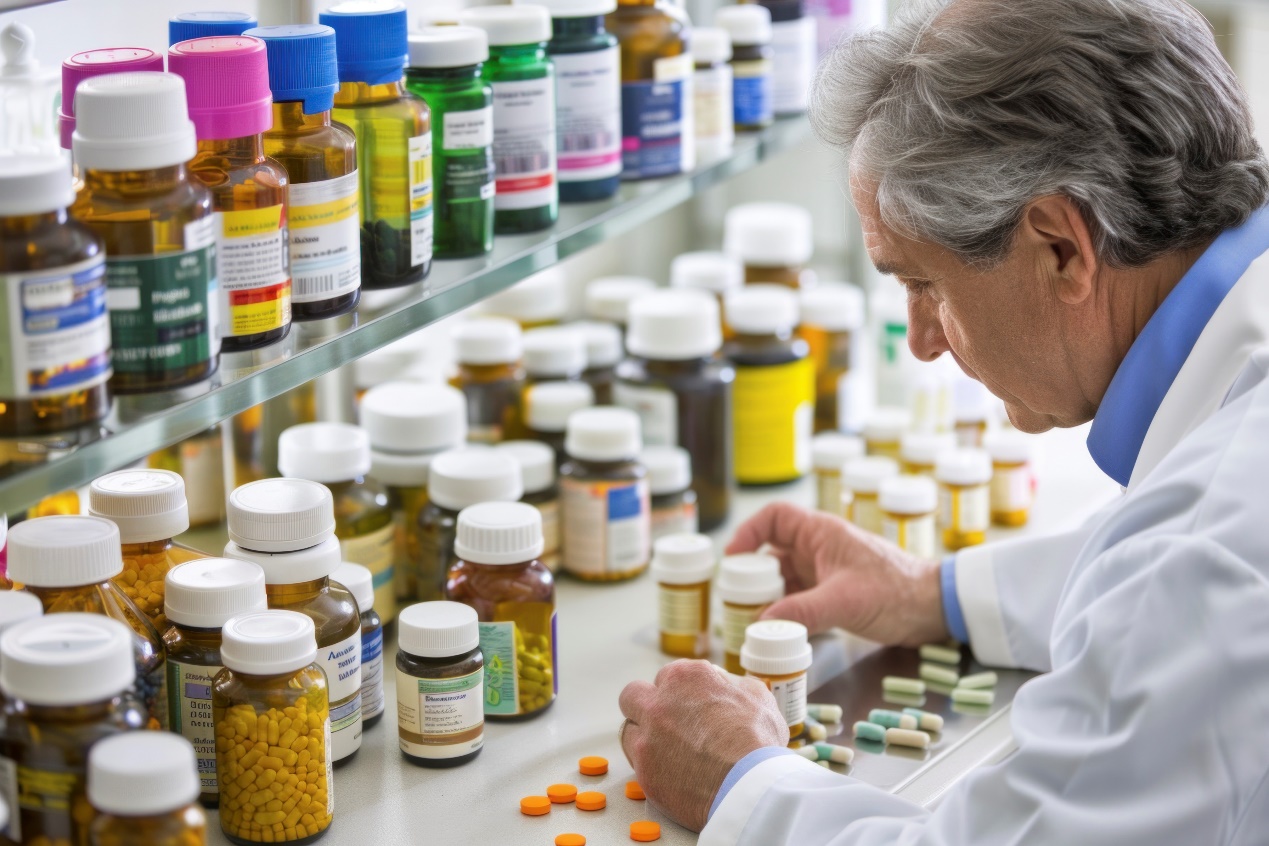
Key Benefits of Gelatin in Pharmaceutical
Biocompatibility
As a natural protein, gelatin has low immunogenicity, which reduces the patient's immune response to drug delivery systems and is suitable for long-term use. At the same time, gelatin can promote cell adhesion and proliferation, so it is very useful in tissue engineering and wound healing applications. Gelatin can also be used as a carrier in drug delivery systems, and its biocompatibility ensures the safety and effectiveness of drug delivery systems in the body.
Versatility
Gelatin can effectively protect drug ingredients from light, oxygen, pollution and microorganisms, while masking the unpleasant taste and odor of drugs. The flexibility of soft capsules and the plasticity of hard capsules make swallowing easier and improve the patient's medication experience. The property of melting at body temperature allows gelatin to dissolve quickly in the gastrointestinal tract, thereby quickly releasing the contents and improving the bioavailability of drugs.
Controlled Release Properties
Gelatin matrices can be designed to precisely control the dosage of drug release, ensuring consistent and predictable efficacy. By controlling the rate and time of drug release, the distribution of the drug in the body can be optimized to improve efficacy. Gelatin can act as a protective layer to prevent drug degradation during storage and in vivo transportation. Gelatin controlled release systems can be customized based on the solubility, stability and therapeutic window of different drugs to meet the needs of different drugs.
Enhanced Stability
Gelatin can protect drug molecules from the adverse effects of environmental factors such as humidity, light, oxygen, etc., extend the shelf life of drug products, and reduce inventory losses. The stability of gelatin makes drugs easier to handle during processing, improving production efficiency and product quality. By reducing the formation of drug degradation products, gelatin helps to improve the safety of drugs. The stability of gelatin enhances its versatility and applicability in the pharmaceutical industry, providing important support for the development of safe, effective and stable drug formulations.
How to choose gelatin for different pharmaceutical applications
Soft gels
When selecting gelatin for soft capsules, gel strength, solubility, thermal stability, transparency, chemical purity, pH stability and other aspects are usually considered. The gel strength of gelatin determines its gel structure in the capsule, and a stable gel structure can effectively wrap liquid or semi-solid fillers. Good solubility can promote the release of drugs in the gastrointestinal tract. In the production of soft capsules, gelatin needs to withstand temperature changes during processing without degradation or structural changes.
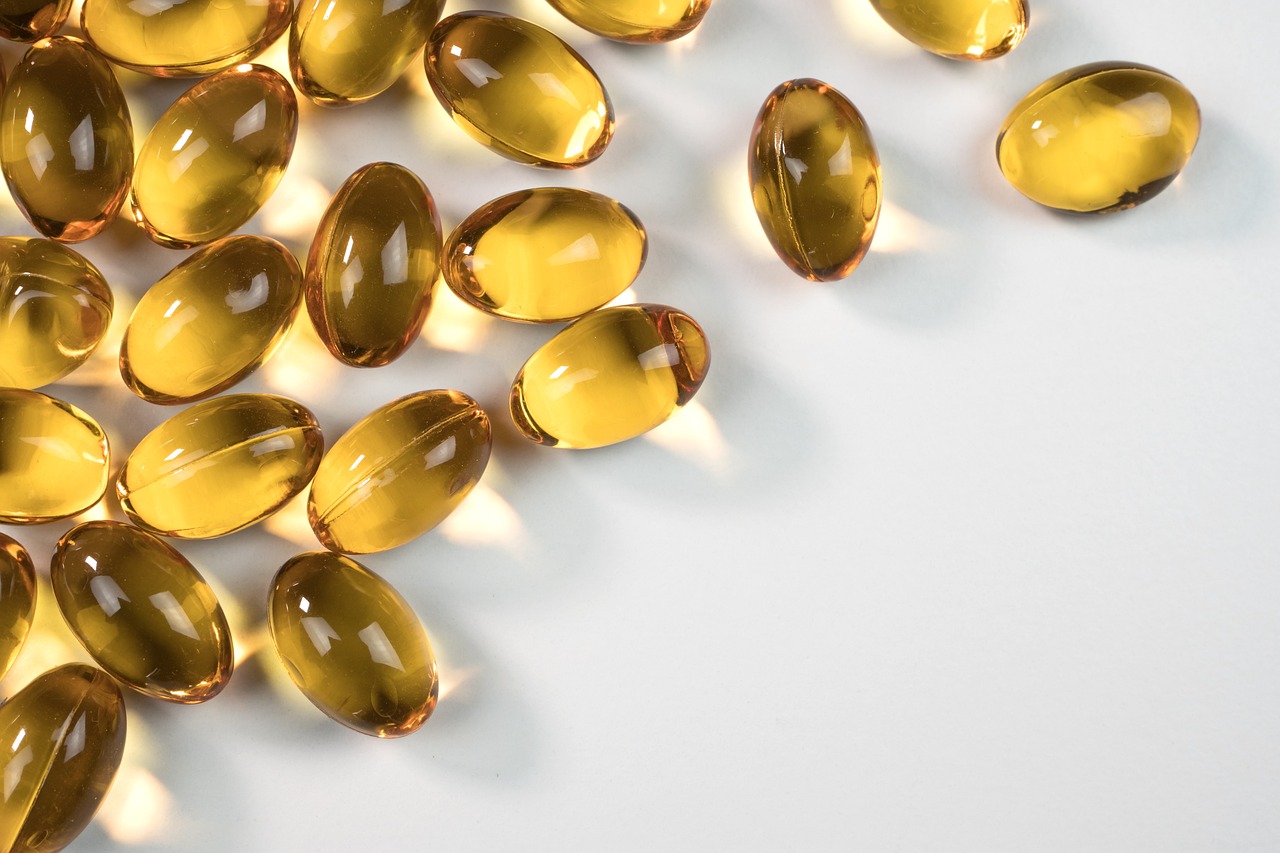
Hard Capsules
Hard capsules have specific requirements for the physical and chemical properties of gelatin to ensure the quality and functionality of the capsule. Gel strength, water content, chemical purity, sealing, stability, etc. are some key requirements. Gel strength affects the stability and solubility of the capsule shell, and different gel strengths are suitable for different capsule types. The water content of gelatin will affect the mechanical properties and stability of the capsule shell. These are all important factors affecting the quality of the capsule.
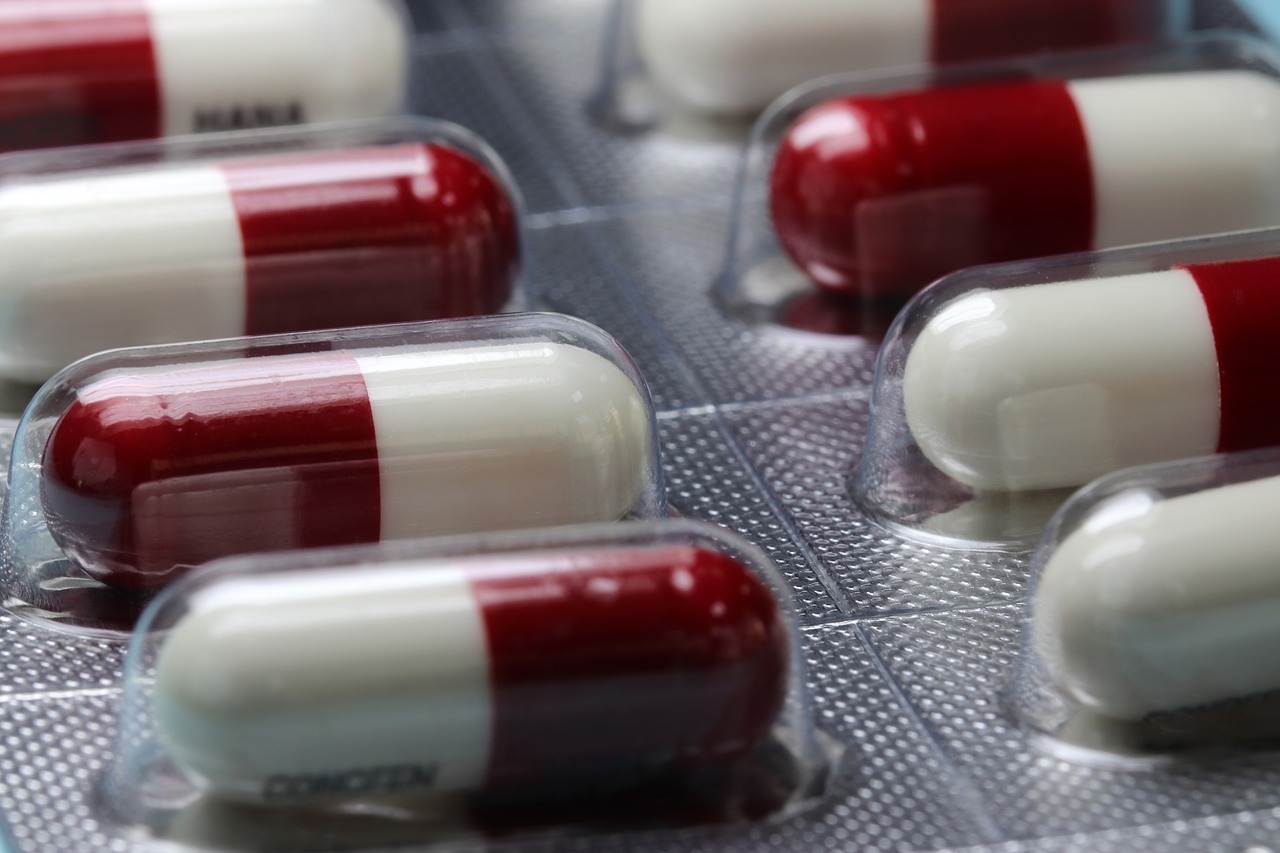
Tablets
For tablet applications, gelatin needs to provide strong adhesion, ensuring tablet formation and stability. Funingpu’s gelatin offers superior adhesion and solubility, making it a reliable binder for tablet formulations. Our gelatin dissolves quickly in the gastrointestinal tract, ensuring timely drug release and enhancing the patient’s therapeutic experience.
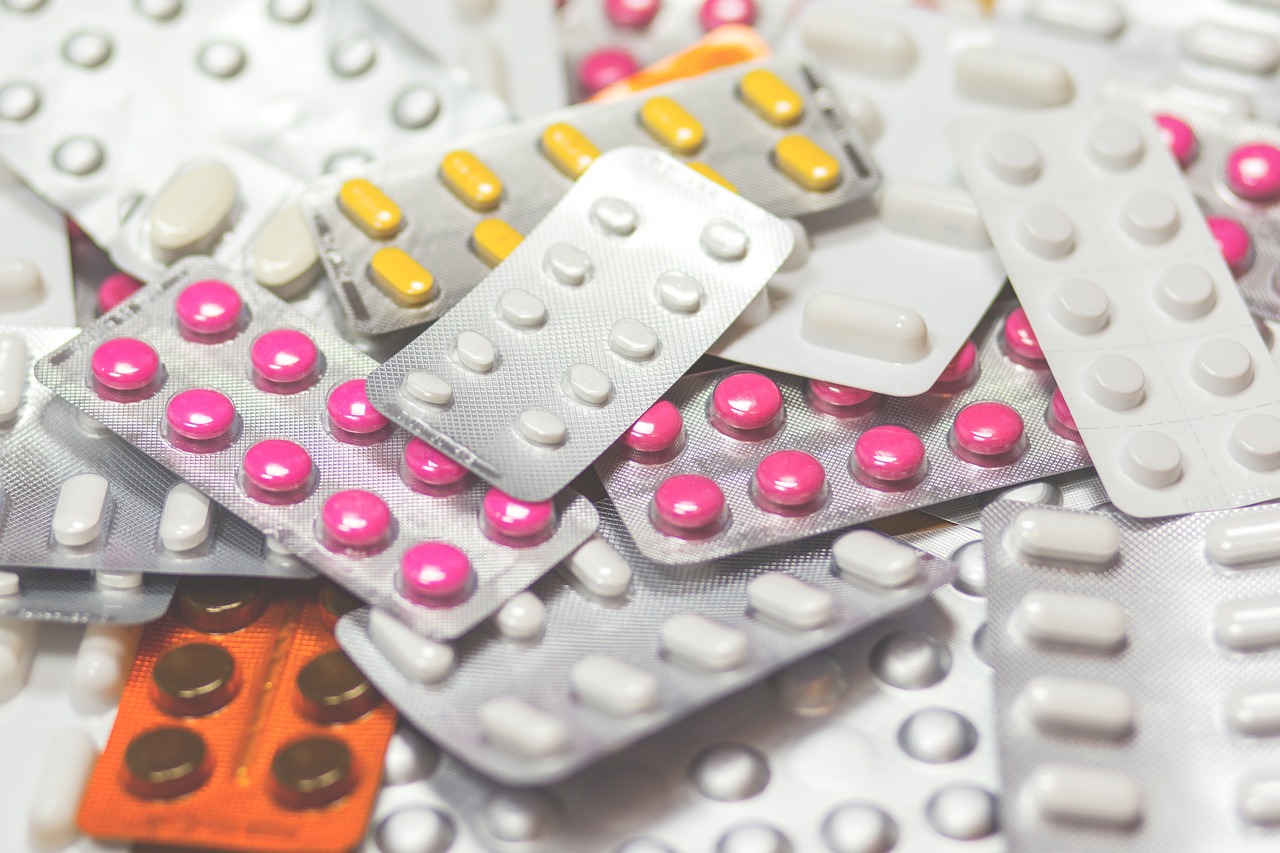
Final Thoughts
Gelatin remains a critical ingredient in pharmaceuticals due to its biocompatibility, versatility, and stability. Its ability to form capsules, bind ingredients in tablets, and facilitate controlled drug release underscores its importance in modern pharmaceutical formulations. Funingpu’s expertise in producing high-quality pig and cow skin gelatin ensures that our products meet the evolving needs of the pharmaceutical industry. As global leaders, we continue to provide innovative solutions that drive the development of safe, effective, and stable drug products.
Phone: +86-577-88105990
Mobile: +86-138 5886 1938
Official Website: www.fnp-gelatin.com
Email: sales@funingpu.com
Address: No. 1-10 Wenpu Road, Yacheng Town, Xiapu County, Ningde City, Fujian Province




